We network
We build alliances
Sharing knowledge and experiences on urban policies, metropolitan realities and strategic planning is essential in order to create links with other organisations and regions. This activity also strengthens the capacities of the team in the coordination office.
This is why the Barcelona Metropolitan Strategic Plan (PEMB) establishes agreements with various institutions and forms part of a wide variety of domestic and international networks related to the Association’s areas of interest, always with a proactive desire to contribute the knowledge accumulated over more than three decades of work and, in particular, all that it has learned from the development and deployment of the Metropolitan Commitment 2030.
Networks of which the PEMB is a member
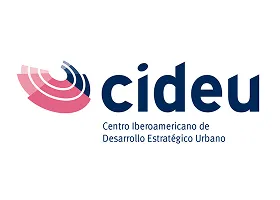
The Ibero-American Centre for Urban Strategic Development (CIDEU) is a network of local governments, organizations and urban strategies in Ibero-America that promote the transformation of cities through strategic planning. The centre is formed by more than 150 cities and partners from 22 countries.

The Mission-Oriented Innovation Network is a policy network and peer learning platform from the Institute for Innovation and Public Purpose that brings together public sector organizations to share challenges and opportunities to address and respond to today’s major challenges, such as climate change, ageing societies and preventive healthcare.

The goal of the Catalan Network for the Right to Time, promoted by the Department of Equality and Feminism of the Generalitat de Catalunya, is to advocate for the right to time and a more balanced and fairer organization of time throughout Catalonia. To achieve this, the network acts as a link that connects all Catalan organizations, both public and private, that work to improve the use of time.
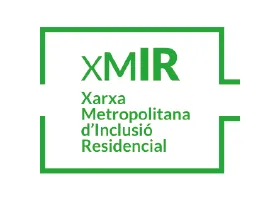
The Metropolitan Network for Residential Inclusion (XMIR) was created in 2021 within the framework of the Barcelona City Council’s Citizen Agreement for an Inclusive Barcelona. The network aims to deepen the metropolitan dimension of local public housing policies promoted by local town councils and to strengthen partnerships with social players and other stakeholders in the sector in the metropolitan region in order to improve their impact in tackling the housing crisis.

The Barcelona Metropolitan Strategic Plan (PEMB) is part of the group driving the Metropolitan Social Forum, an initiative promoted by the Barcelona City Council’s Citizens’ Agreement for an Inclusive Barcelona. This open space offers a level playing field to all social entities with activities in the metropolitan region and to the city councils that want to participate. The aim is to identify and address the social challenges of the metropolitan area through coordinated actions at both the inter-municipal and local level, and to foster collaboration between public administrations and social initiatives within the metropolitan region.

This working group of the City Council was created to promote the 2030 Agenda among the city’s social and economic stakeholders, as well as to monitor how the goals that the municipal government has assumed in order to achieve the SDGs in Barcelona are progressing.

The Network for Local Development (REDEL) includes entities with expertise in local development that strive for ongoing organizational improvement through reflection, knowledge management and collaboration, seeking to recognize and highlight local development and its presence at the international level from a technical and political standpoint.

The Association of Municipalities for Mobility and Urban Transport (AMTU) is an association of Catalan municipalities that strives to improve mobility and public transport infrastructure throughout Catalonia. AMTU provides technical, legal and administrative support to its partners in terms of mobility, infrastructure and public transport, and acts as a reference space for the ‘Sustainable and Safe Mobility’ mission of the Metropolitan Commitment 2030.
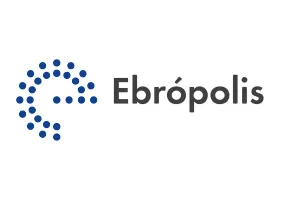
Ebrópolis is a public utility, non-profit association which has been drawing up and promoting the strategy for the future of the city of Zaragoza and its surroundings since 1994. Founded 30 years ago by the public institutions and the main social and economic players in this region, Ebrópolis currently has more than 200 members.
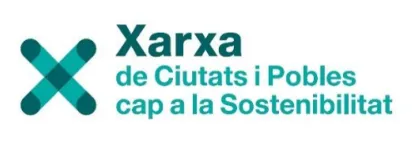
The Cities and Towns on the Road to Sustainability Network is the association of municipalities committed to the environment in order to progress towards sustainable development. Founded in 1997, the network currently has 320 members, including the four Catalan provincial councils, and several observer members, among them the Generalitat de Catalunya. The network is a platform for cooperation and exchange where municipalities can find a suitable framework to discuss problems, concerns, needs and experiences, and to promote and carry out projects of common interest.
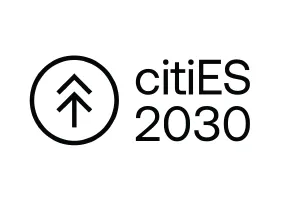
The citiES 2030 initiative is a multi-stakeholder space for collaboration and innovation aimed at supporting Spanish cities as they transition towards climate neutrality within the framework of European missions. This initiative offers activities and provides services to enable the transformation towards healthier and more sustainable cities, while also seeking to accelerate urban climate action towards decarbonization and resilience.
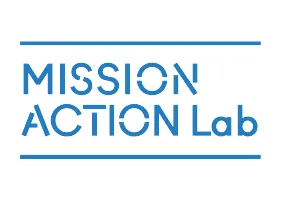
The OECD Mission Action Lab is a joint initiative of the OECD Directorate for Science, Technology and Innovation, the Observatory of Public Sector Innovation (OPSI) of the OECD Directorate for Public Governance and the OECD Development Co-operation Directorate that takes an action-research approach collaborating directly with policy-makers and public administrations to design, shape, refine, implement and govern mission-oriented policies.